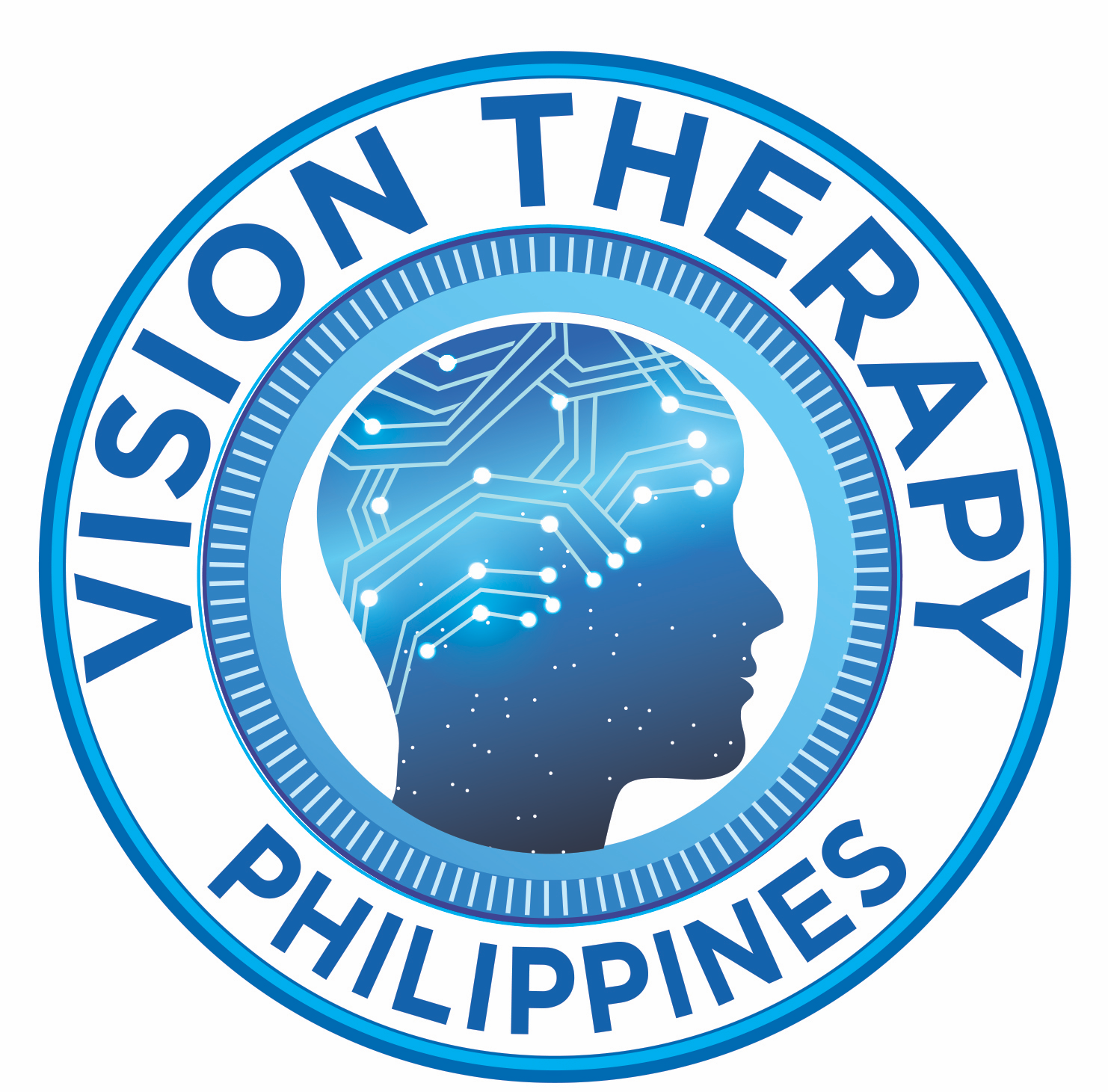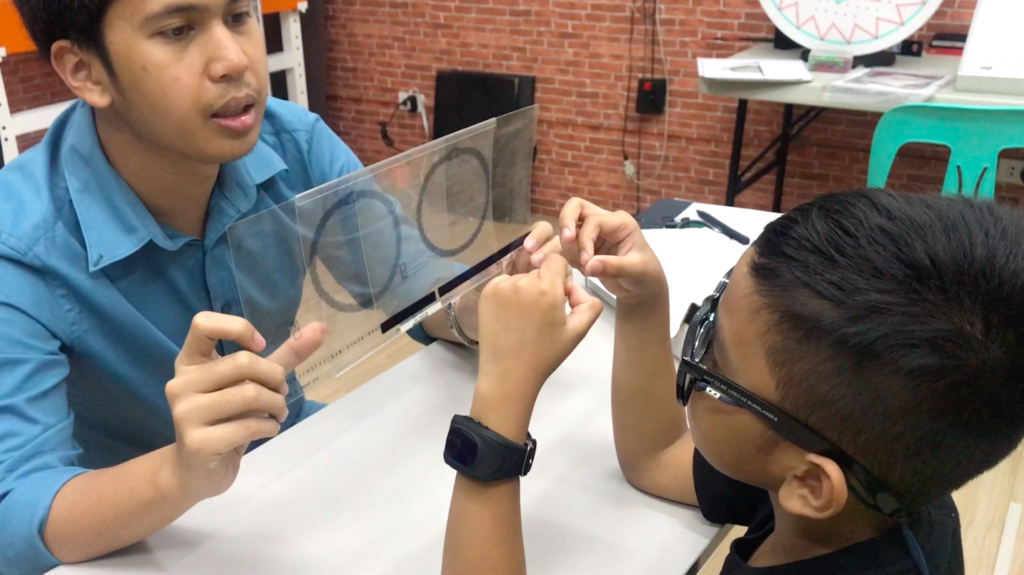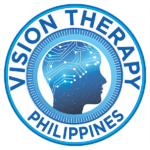Vision and Reading/Learning
About
In education, vision is the dominant sensory system as 80% of learning is done through the visual system. Deficits within this system often decrease a student’s reading and learning abilities.
Details
Even with 20/20 eyesight, several vision conditions can affect a child’s ability to read and learn. These vision conditions are not always obvious and often go undetected during school vision screenings.
The most common vision conditions that affect learning are:
- Accommodative Dysfunction
- Amblyopia “Lazy Eye”
- Convergence Insufficiency
- Oculomotor Dysfunction
- Post-Concussion Vision Syndrome
- Visual Processing Disorder
Students with a vision-related learning problem typically show signs of:
- Eye discomfort
- Motion sickness
- Headaches
- Double vision
- Poor tracking
- Visual confusion
- Head tilting
- Problems with math
- Clumsiness
- Poor reading abilities
- Poor attention and concentration
- Poor handwriting skills
- Skipping lines while reading
- Closing an eye while reading
- Letter or number reversals
- Slow at completing tasks
Treatment
Research shows, home-based treatment models are significantly less effective than office-based vision therapy paired with home reinforcement. We are a leading developmental and rehabilitative vision therapy practice. Our advanced office-based approach goes beyond basic at-home treatment. Our doctors and vision therapists provide innovative vision therapy that incorporates coordinated movement, balance, auditory processing and cognitive skills. We address vision and
learning problems with a personalized approach. Each session is one-on-one (therapist-
to-patient), conducted under doctor supervision. Our providers utilize the most advanced technology including in-office and home support virtual reality. This treatment
model gives our patients the visual abilities they need to succeed in and outside of the classroom.
Our advanced vision therapy includes:
- Visual processing development
- Oculomotor therapy
- Accommodation “focusing” development
- Binocular vision therapy
- Visual imagery therapy
- Visual-motor integration development
- Visual-vestibular integration development
Results
Our patients report improvements in:
- Academic performance
- Reading and handwriting
- Visual memory
- Work performance
- Attention and concentration
- Confidence
- Sports


